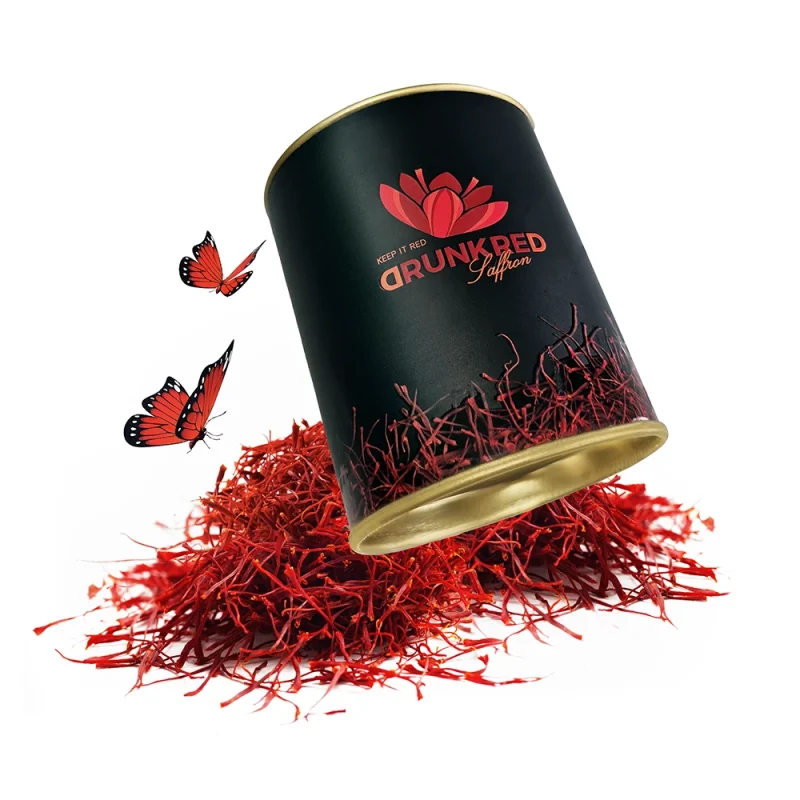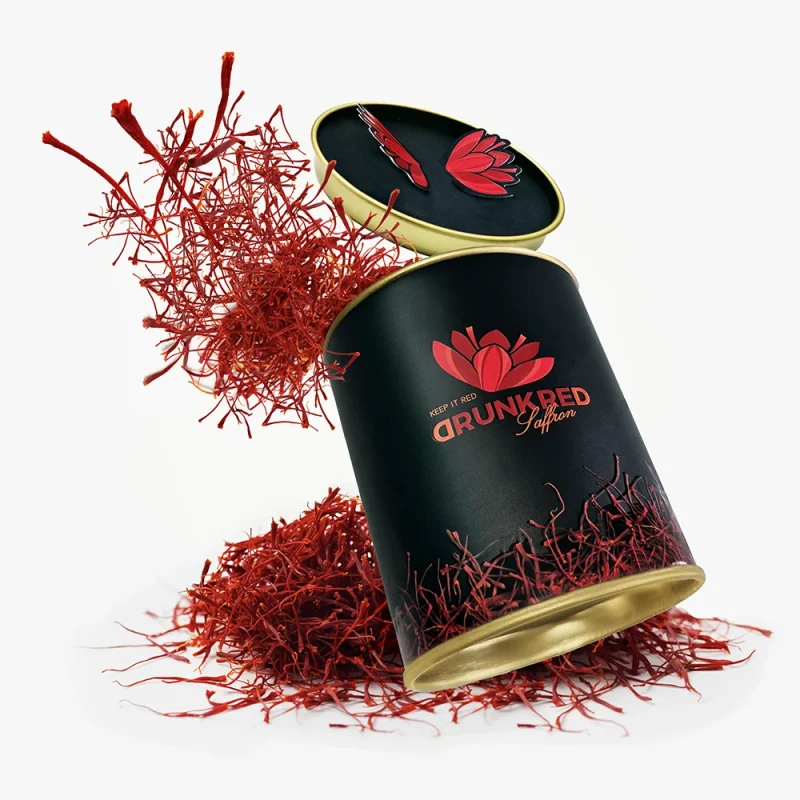Saffron is a valuable and expensive spice that has been used since the past in various industries for medicinal, medical, beauty and culinary purposes. Although saffron is a useful spice for the treatment, cure or prevention of many diseases, it can cause food poisoning if consumed in excess. How to store and consume saffron can be effective in preventing food poisoning. In this article, we will discuss several side effects of excessive consumption of saffron. Stay with us.
Dangers and side effects of excessive consumption of saffron
Consuming large amounts of saffron, as mentioned, has potential risks. Complications such as vomiting, yellowing of the skin, effects on vision, decreased heart rate, nosebleeds, impaired senses, nosebleeds and uterine bleeding, and in higher doses, sometimes lead to the risk of death.
Blood pressure reduction and blood thinning: Indiscriminate consumption of saffron leads to the risks of blood pressure reduction and blood thinning, which may cause side effects such as nosebleeds or uterine bleeding in women.
Miscarriage risk: Excessive use of this spice in pregnant women during the first months of pregnancy, especially the first three months, causes an increase in prostaglandin hormone in the uterus, which causes a stimulating effect on the uterus and carries the risk of miscarriage.
Bipolar Disorder: Research has shown that saffron can affect people’s mood. There is concern about excessive consumption of saffron that may cause irritability and impulsive behavior (manic) in people with bipolar disorder.
Heart diseases: Saffron may affect the speed and strength of the heartbeat. Consuming large amounts of saffron may aggravate some heart diseases.
Skin color change: excessive consumption of saffron makes the skin yellow or orange.
Digestive problems: Due to its hot nature, saffron can lead to diarrhea, dehydration, and the presence of blood in the urine.
Kidney problems: excessive consumption of this spice leads to kidney problems.
Weight gain: due to the fact that saffron is an appetizing spice, as a result of its excessive consumption, it causes an increase in appetite and then weight gain.
Increased sweating of palms: People who suffer from sweating of palms should be careful about the amount of saffron consumed because excessive consumption of saffron leads to increased sweating of palms.
Allowed consumption of saffron per day
Saffron is a spice with a strong aroma and distinctive color. This spice is also rich in antioxidants that have many health benefits. Cooking with saffron is a great way to add it to your diet without the risk of overdosing on the spice. Consuming 0.1 grams of saffron per day is generally safe, but eating too much of it can be toxic. Very high doses may be more dangerous for certain groups of people. For example, research conducted in this field showed that pregnant women should avoid consuming more than 0.1 grams of saffron per day, because excessive consumption of saffron has an irritating effect on the uterus. There is also the possibility of allergic reactions. Keep in mind that most supplements for weight loss or weight gain use saffron due to its color or taste. Long-term use of these types of supplements can cause risks due to the saffron it contains.
last word
Saffron is an old and expensive plant. And it is rich in antioxidants that are effective in treating some diseases. There is little evidence to suggest that these antioxidants are more beneficial to the body than the antioxidants a person can get just by eating lots of fruits and vegetables. Despite all the benefits of saffron, people should be sensitive to its consumption, and people with certain underlying diseases must consume saffron under the supervision of their doctor.












